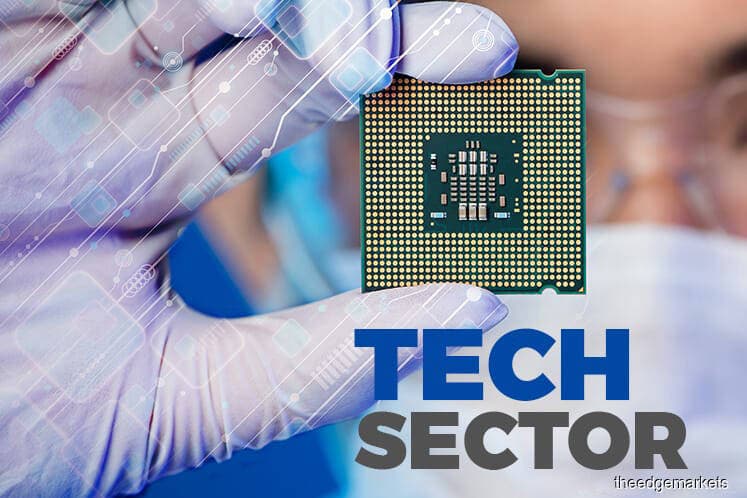
This article first appeared in The Edge Financial Daily on May 23, 2019
Technology sector
Maintain neutral: Last week, the US president signed an executive order to bar the use of telecommunication equipment made by companies that are deemed a threat to national security, and the Commerce Department followed up by adding Huawei and 70 affiliates to its “Entity List”.
With this inclusion, the telecom giant will be banned from buying parts and components from US companies without the government’s approval.
The maker of the world’s most popular smartphone OS was forced to suspend business operations with Huawei with immediate effect. While it has later clarified that current Huawei phones will continue to be supported, this announcement has created major uncertainties and risks on the world’s second-largest smartphone supplier which equipped its products entirely on Android.
It was reported that chipmakers including Intel, Qualcomm, Xilinx, Broadcom, Micron and Western Digital have suspended their shipments to Huawei until further notice. Intel is the main supplier of server chips to the Chinese company, Qualcomm provides processors and modems for many of its smartphones, Xilinx sells programmable chips used in networking and Broadcom is a supplier of switching chips, another key component in some types of networking machinery.
The escalation of this conflict is harmful to the whole tech sector, in our opinion. While this may disrupt Huawei’s supply chain, the trade restriction will equally hurt US companies which increasingly rely on the China market for growth and profitability. Lumentum Holdings has slashed its next quarterly earnings forecast by 23% (mid-point) in view of this ban.
Although this is the same treatment towards its competing sibling in 2017, we think Huawei’s case would send more impactful ripple effects due to its world leading positions. Huawei is world’s largest telco infrastructure vendor and runner-up in smartphone supplier with around 19% market share in the first quarter of 2019 (1Q19) according to IDC.
Apple may see limited benefit due to iPhones’ high price points and potential nationalistic retaliation by the Chinese, who are still a significant market for Apple (16% of Apple sales in first half of 2019). Samsung is likely to have the upper hand in this dispute, thanks to its wide spectrum of products and end-to-end in-house capability. Hence, the spillover effects towards non-Korean suppliers are usually hardly felt. — Hong Leong Investment Bank, May 21